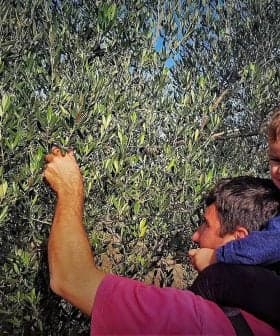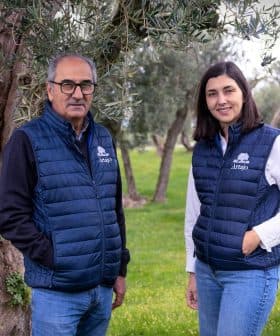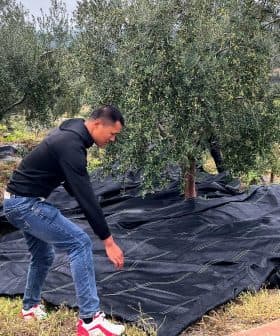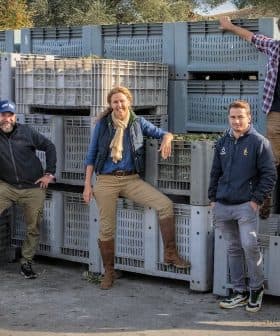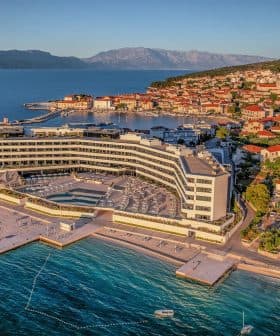Award-Winning Farm in Croatia Grows Its Brand in The Austrian Market
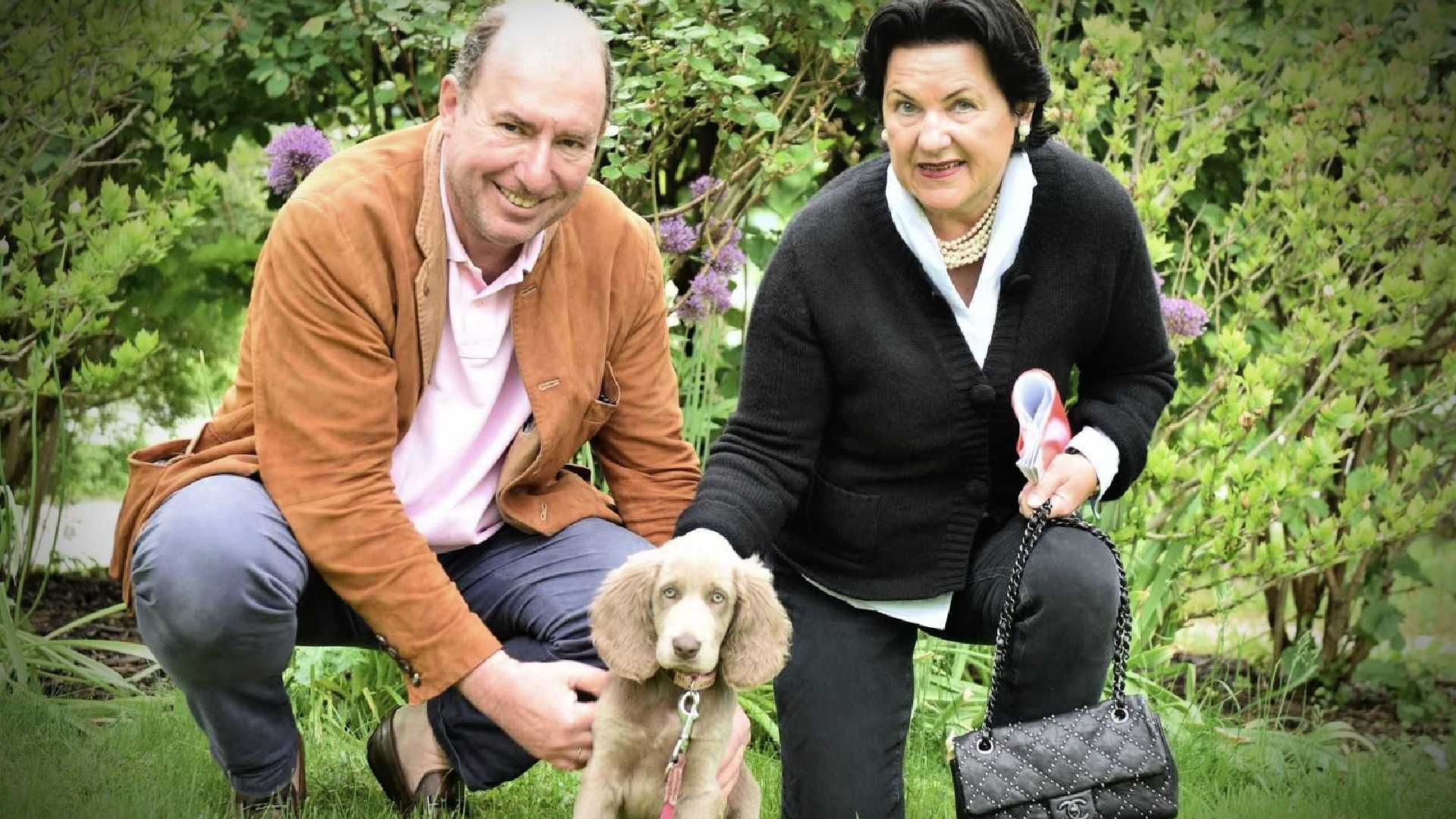
In 2015, the producers behind Avistria, Rudolf and Beatrix Nemetschke, transitioned from investment banking and consulting to producing high-quality olive oil in Istria, Croatia. Despite challenges like allergic reactions to store-bought olive oil and a hot, dry summer, Avistria has won awards for their oils and is focused on improving quality through direct marketing and customer education.
When the producers behind Avistria began producing olive oil in 2015, it marked a complete change from their previous professions.
Rudolf Nemetschke worked in investment banking and asset management while his wife, Beatrix, ran a consulting and public relations company.
We do not invest in classical marketing tools. The only information channel we use is social media.
They decided to research woodlands and plantations as investments, especially since Nemetschke was particularly familiar with the field of alternative investing – asset classes that exclude stocks, bonds and currencies.
See Also:Producer ProfilesInitially, there were doubts about olive farming as the Nemetschkes said they had allergic reactions to some supermarket olive oils they used at home. However, they soon realized there was a significant gap in the Austrian market for high-quality olive oils.
They purchased land in the Sveti Lovrec region of Istria, Croatia’s northwestern peninsula. Historically, Sveti Lovrec was the seat of Venetian bishops, who were renowned for making wise land investments.
Avistria quickly built a portfolio of autochthonous olives – Buza, Carbonazza, Bijelica and Oblica – and some Italian varieties – Itrana and Frantoio.
The couple opted for these cultivars instead of ones best suited for high-density and super-high-density groves to farm more sustainably, they said.
Ahead of the 2021 harvest, Nemetschke told Olive Oil Times that he has a positive outlook, despite the region at large expecting a significant reduction in the harvest.
“The outlook is positive, as our output will rise dramatically this year,” he said. “The 1,600 trees planted in 2016 have started to produce noticeable amounts of fruit. It will be a challenge for us to strengthen our direct marketing efforts to sell these amounts of oil.”
While the unseasonably late frosts that plagued other Istrian producers have not impacted Avistria, Nemetschke said he was setback by the particularly hot and dry summer.
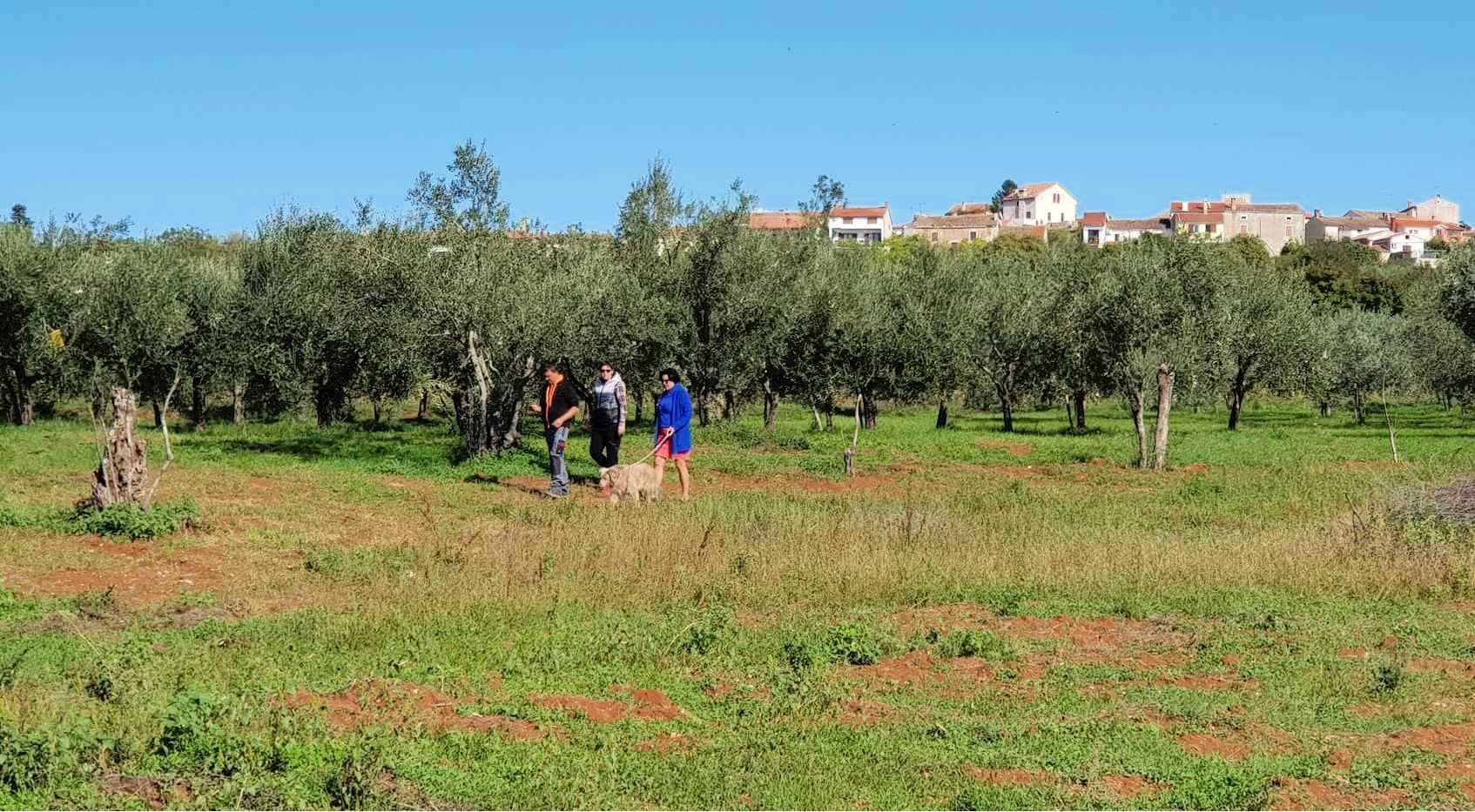
“In the spring and beginning of the summer this year, the blossoming of the trees started very late, posing a risk that the flowers would be desiccated during the hot and dry conditions,” he said.
As a precautionary measure, he sprinkled the trees with water early in the morning, which allowed the survival of the blossoms. He now anticipates that the ripe olives currently adorning the branches of his trees will be plentiful.
For the upcoming year, Avistria has already carefully planned how they will ensure the highest possible quality product, from harvesting the olives to transforming them at the mill.
Nemetschke said that he will especially focus on how to best store the oils in the roughly month-long period before they are sold to Avistria’s clients. He also wants to improve his blending skills.
“Our Istrian Blend has constantly won Silver Awards at the NYIOOC World Olive Oil Competition, and we want to do better here,” Nemetschke said.
At the 2021 NYIOOC, Avistria earned a Gold and two Silver Awards for a delicate Istria Buza, and delicate Pendolino and delicate blend, respectively.
See Also:Tragedy Inspires One Croatian Family to Grow OlivesIn 2020, Avistria also earned a Silver Award for the same delicate blend, comprised of Leccino, Istria Buza and Istrian Bjelica olives. They also won two Gold Awards for a pair of monovarietals.
“Our Istrian Blend got its award for the second time, which is a big success,” Nemetschke said. “Participation in competitions is the most important factor of quality control in our company.”
“The next step [was] the review of all production steps on the basis of the results,” he added.
Along with the annual task of harvesting the olives and taking care of the trees, Nemetschke also has his sights set on diversifying Avistria.
“The next big target will be building a new farmhouse, including a small mill, but that is more of a five-year project,” he said.
In the meantime, Nemetschke continues to develop his marketing strategy based on their target customer base of private clients, restaurants, hotels and some specialty stores.
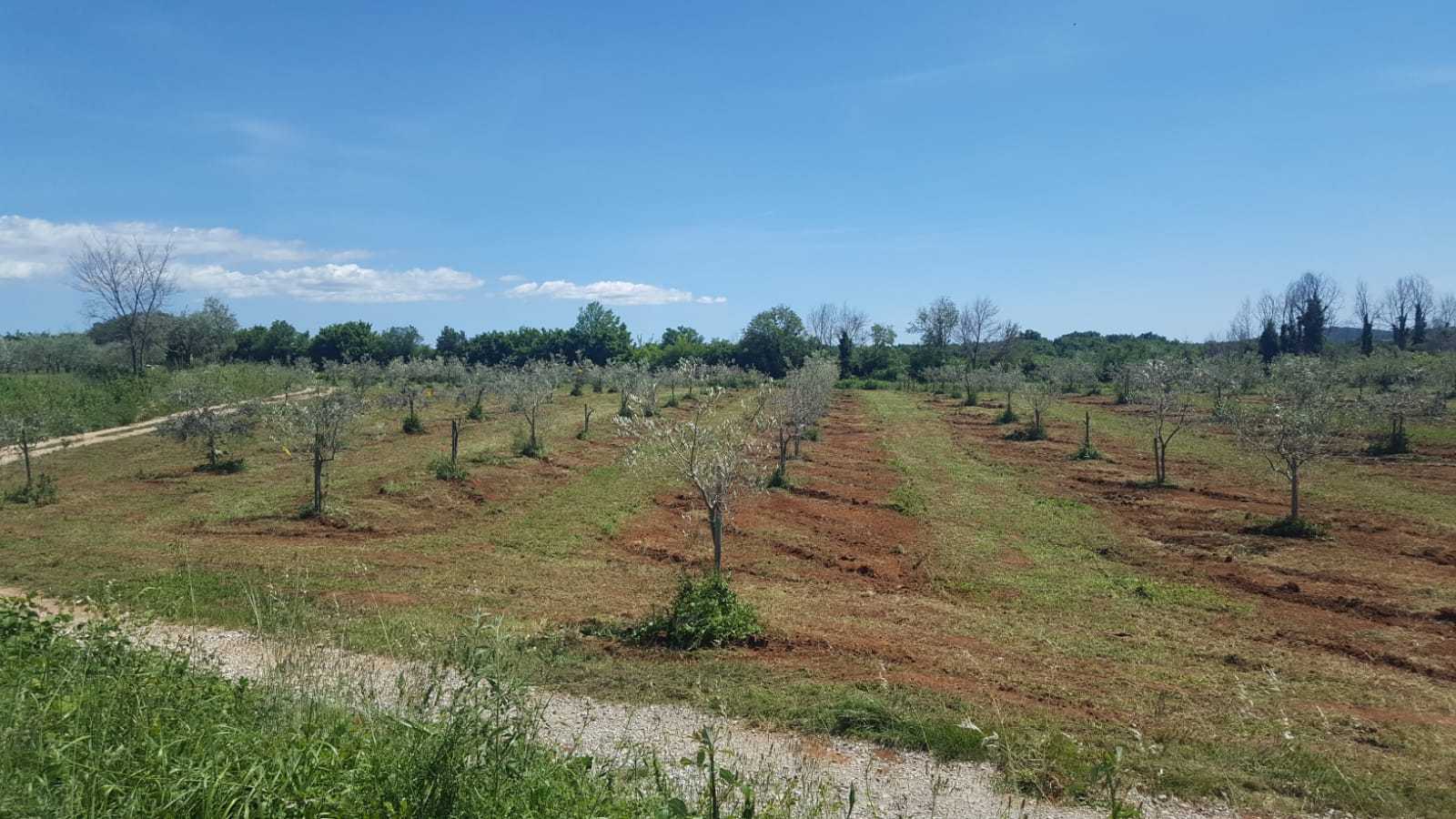
Avistria
Through direct marketing, Avistria is keen to build client relationships through an initial guided tasting of their oils.
Nemetschke said this process puts particular emphasis on informing potential and existing clients about their dedication to quality at every step of the process and utilization of a direct delivery service for their oils.
Additionally, Nemetschke wants to better inform his customers about their different types of extra virgin olive oil, how to use and store the oils and how best to pair the olive oils with different foods.
“We do not invest in classical marketing tools,” he said. “The only information channel we use is social media.”
“This is how we keep up with our clients,” he added. “Short stories, videos and photos provide news and information on our business and products.”
A few exceptions to this model are made for clients from the restaurant and hospitality sector. For example, chefs are invited to visit the olive grove in Istria and get an idea of the land, the people involved and the quality of the product.
“Another competitive advantage is that we are the only Istrian producer with Austrian roots, and no language barriers,” Nemetschke said. “We provide 100-percent transparency with our harvesting and management activities. Uniquely, our products are available directly from us and delivered personally.”



